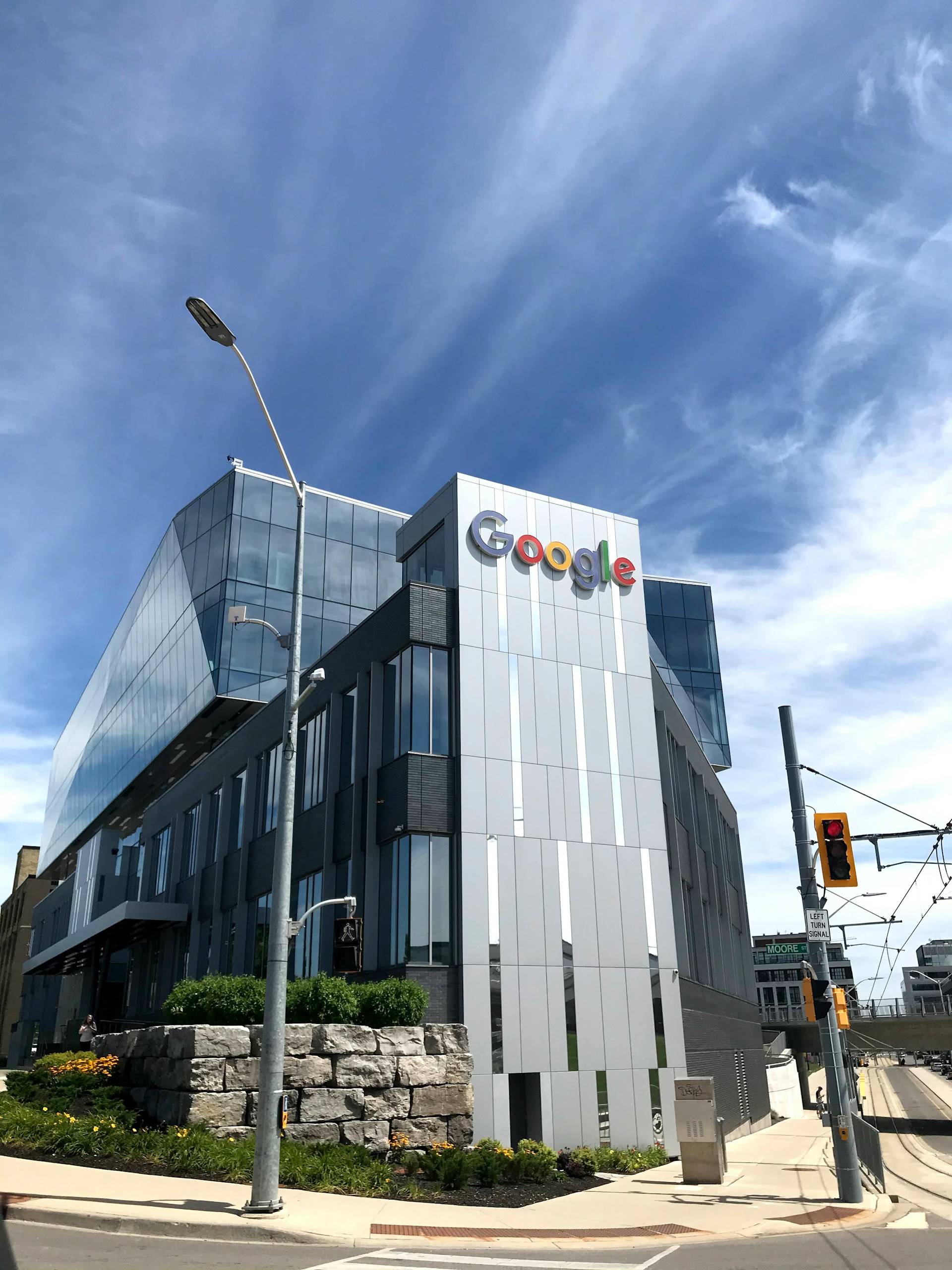
The Future Of AI: How Google Is Steadily Taking Over The Artificial Intelligence Industry
From Google Bard and it’s testing phase of AI to Google Gemini and now, Generative AI within google search – the legendary company is showing why their stock has steadily increased over the years.
Artificial intelligence (AI) has become a transformative force, weaved into the fabric of our daily lives. From voice assistants to social media algorithms, AI’s influence is undeniable. In this landscape, Google stands out as a prominent player, making significant strides in AI research and development. But is Google steadily taking over the AI industry? In my opinion, it is leading the race now.
Google’s strengths lie in several key areas. Firstly, it boasts a vast amount of data, the fuel that powers most modern AI models. Everyone and their grandmas use Google, literally. From search queries to Youtube watch history, Google possesses a treasure trove of user information. This data allows Google to train AI models on an unparalleled scale, leading to superior performance in areas like natural language processing and computer vision.
Secondly, Google has assembled a team of world-class AI researchers. Renowned figures like Jeff Dean and Fei-Fei Li lead groundbreaking projects, pushing the boundaries of what AI can achieve. Google’s research labs, like DeepMind and Google AI, are at the forefront of AI innovation, attracting top talent and generating groundbreaking research papers.
Thirdly, Google actively translates its research into real-world applications. Products like Google Translate, Assistant, and self-driving car project Waymo are testaments to Google’s ability to bridge the gap between theory and practice. These real-world applications not only benefit users but also generate even more data, further strengthening Google’s AI foundation.

However, Google’s dominance in AI isn’t without its concerns. Here are some potential drawbacks to consider:
Market Monopoly: Google’s vast resources and market share could potentially stifle competition. Smaller AI companies might struggle to compete, hindering innovation and diverse perspectives within the field.
Data Privacy Issues: The immense amount of data Google collects raises concerns about user privacy. As AI becomes more sophisticated, the potential for misuse of personal information becomes a significant worry.
Algorithmic Bias: AI models trained on biased data can perpetuate social inequalities. Google has faced criticism for its AI systems exhibiting racial or gender bias, highlighting the need for responsible development practices.
The Black Box Problem: The complexity of some AI models makes them opaque, hindering our understanding of how they reach decisions. This lack of transparency can raise ethical concerns, especially when AI is used in critical areas like loan approvals or criminal justice.
Looking ahead, it’s crucial to ensure a healthy AI ecosystem. Here’s what we can expect:
Rise of Ethical AI: As concerns about bias and privacy rise, there will be a growing focus on developing and deploying AI ethically. Standards and regulations will likely be implemented to ensure transparency and responsible use of AI.
Focus on Explainability: Efforts will be directed towards making AI models more interpretable. This will allow us to understand how AI systems arrive at their conclusions, fostering trust and mitigating potential biases.
Collaboration over Competition: Open-source initiatives and collaborations between different companies and research institutions will be essential to accelerate responsible Generative AI development and prevent any single entity from dominating the field.
In conclusion, Google’s role in AI is undeniable. Its vast resources, talented researchers, and focus on real-world applications make it a major force in the field. However, concerns regarding data privacy, potential monopolies, and ethical considerations need to be addressed. Moving forward, fostering a collaborative and ethical environment will be crucial to ensure AI benefits all of humanity.
Additionally, here are some areas where Google’s AI dominance is evident:
Healthcare: Google AI is being used to analyze medical images for faster and more accurate diagnoses, aiding in early disease detection.
Climate Change: Google is leveraging AI to model climate patterns and develop solutions for sustainable practices.
Robotics: Google’s advancements in AI are contributing to the development of more intelligent and dexterous robots, with applications in manufacturing and automation.
While Google is a major player, it’s important to remember there are other significant contributors to the AI landscape. Companies like Amazon, Microsoft, Facebook (now Meta), and Baidu are all making significant strides in AI research and development. The future of AI is likely to be shaped by a combination of efforts from various players, with Google remaining a central force.









